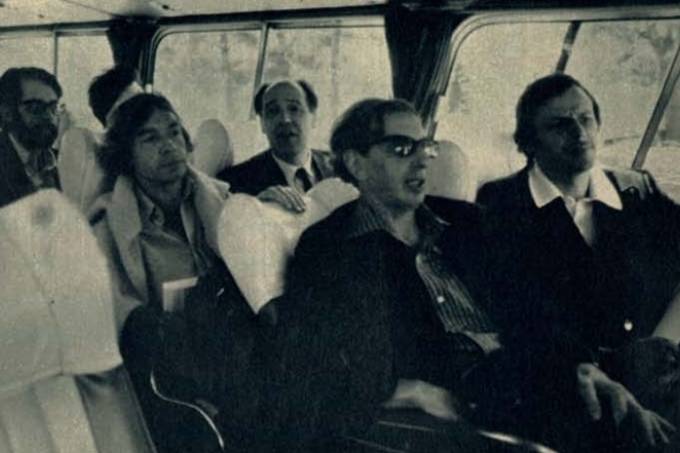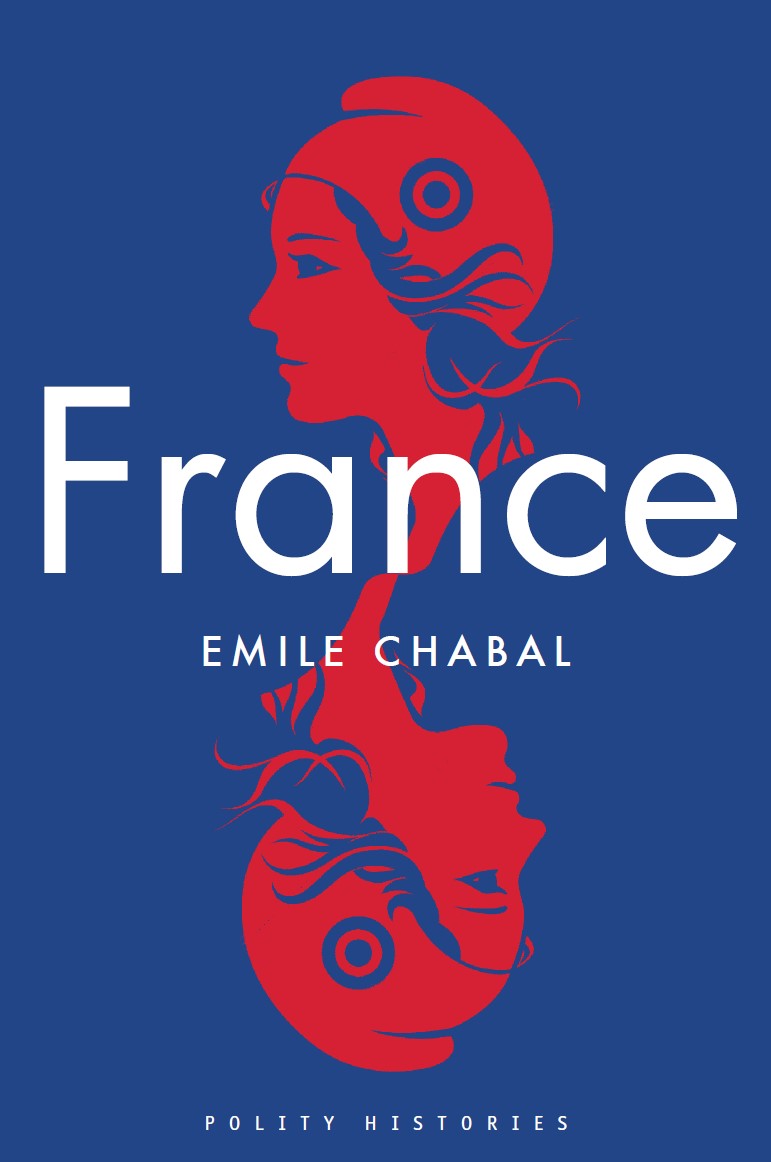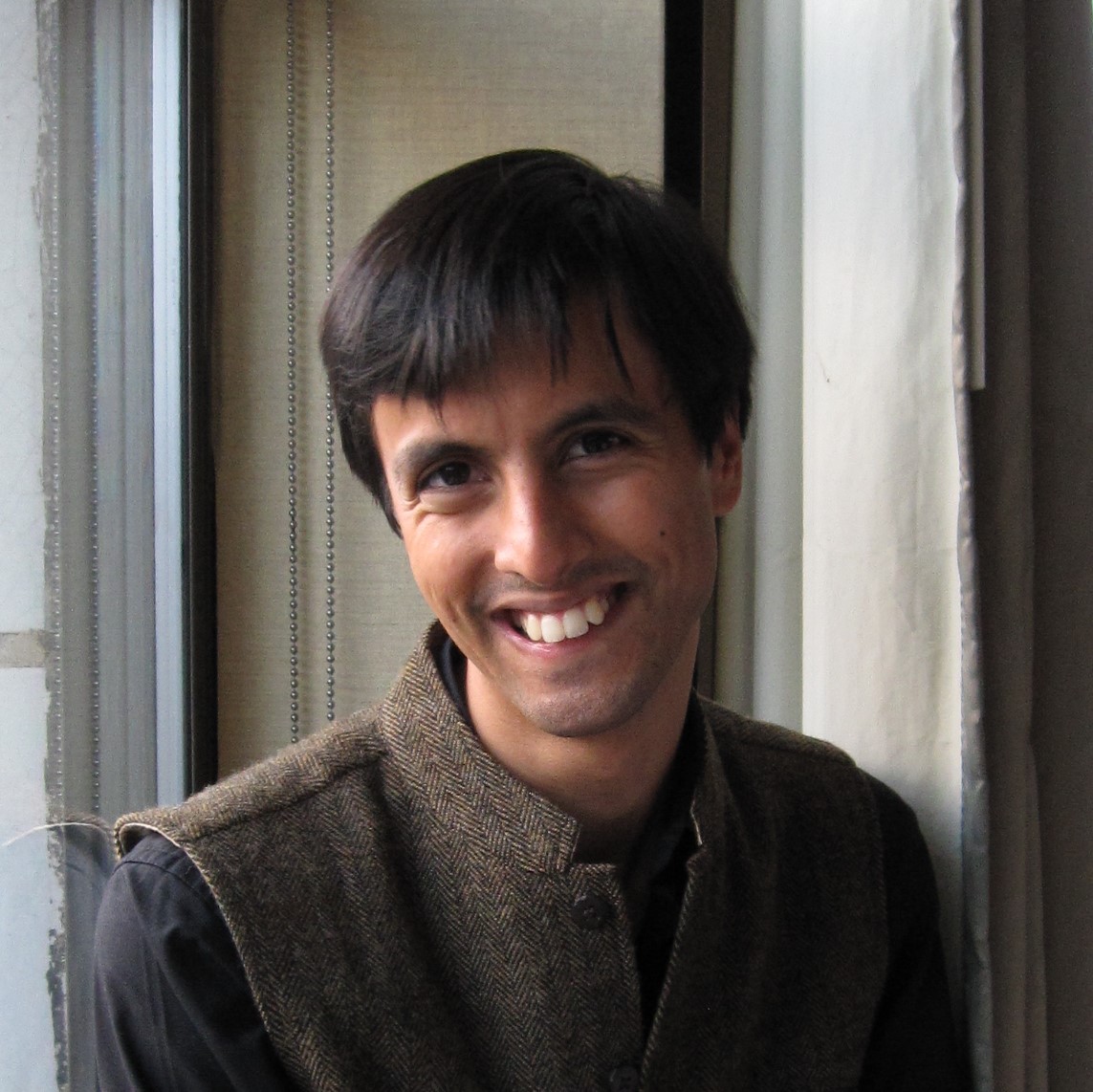Research projects
I am currently pursuing research in three areas.
1. Eric Hobsbawm and the history of global Marxism
Eric Hobsbawm (1917-2012) was one of the most important British historians of the twentieth century. In my work, I bring out different aspects of Hobsbawm's intellectual trajectory – from his interest in jazz to his commitment to Communism – and place these within a broader narrative of intellectual engagement, political responsibility and global Marxism.

This research will lead to the first intellectual biography of Hobsbawm, to be published by Harvard University Press in summer 2026. The book combines close reading of Hobsbawm's published work with an examination of personal papers, institutional archives, oral history, and ethnographic material. It explores both the intellectual history of Hobsbawm's writings, and key themes in twentieth-century political history, including the role of the intellectual in European public life, the global imagination of Marxist activists, and the stylistic foundations of successful historical writing.
Alongside the book project, I launched the Eric Hobsbawm Bibliography in 2021, which is the first comprehensive, text-searchable bibliography of Hobsbawm's published and unpublished works.
I received a Carnegie Trust of Scotland Research Incentive Grant in 2015 to support the early stages of this project. I was subsequently awarded an AHRC Leadership Fellowship in 2017 and a Royal Society of Edinburgh Personal Research Fellowship in 2023. Both of these fellowships gave me substantial research time and additional funds for fieldwork, archival visits and dissemination.
2. French and European politics
My first monograph, entitled A Divided Republic: nation, state and citizenship in contemporary France (Cambridge University Press, 2015) examines political culture in France through a series of key debates about the meaning of the nation, the definition of the citizen, the reform of the state and the interpretation of modern French history. Contrary to the widely-held view that political participation and engagement have atrophied in France since the 1980s, I suggest in my book that contemporary French politics has been defined by a struggle between an explicitly 'nationalist' language of neo-republicanism and a more 'open' language of liberalism.
I developed some of these themes further in an edited book, entitled France since the 1970s: history, politics and memory in an age of uncertainty (Bloomsbury Academic, 2014). The contributors to this volume offered new perspectives on contemporary political issues in France, ranging from neo-liberalism to the rise of the far-right.

I synthesised much of my early research in my book France (Polity Press, 2020), which is a short introduction to French history since 1940. The book starts by considering France as a "paradoxical" country, in which grand ideals and abstract values have repeatedly run up against the hard realities of a bitterly divided country. Over the course of six chapters, I look at a number of contradictions within recent French history, including the tension between defeat and resistance, state and citizen, and colonialism and anti-colonialism. Starting with the calamitous defeat by Hitler's armies in 1940 and ending with the spectacular gilets jaunes protests and the COVID-19 pandemic, the picture that emerges is one of a nation struggling to reconcile its history with the competing demands of an increasingly diverse society.
Most recently, I have started working on the history of identity politics in Europe. I am interested in the way "identity" has reshaped political mobilisation and democratic norms since the 1970s. In 2023, I was awarded a collaborative and interdisciplinary " target="_blank">Knowledge Frontiers grant from the British Academy to look specifically at identity politics and its interaction with race-based mobilisation in France and the UK. This project will run until 2025, with a series of publications and events.
I continue to write about France and French politics for an academic audience and, increasingly, in essays, blogs, interviews and op-eds for international media outlets.
3. Migration, immigration and state rationality
My third area of interest is migration and citizenship in Europe. I have tackled some of these themes in my work on France, but I have also worked on them directly. In particular, I was a co-investigator on a large ESRC-funded project entitled 'Seeing Illegal Immigrants: state monitoring and political rationality' with fellow investigator Christina Boswell. The aim of the project, which ran from 2016 to 2018, was to understand better how and why European states gather data about 'illegal' migration and how this has changed since the 1960s. The project team was made up of three postdoctoral researchers from the US, France and Germany.


